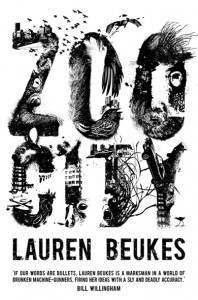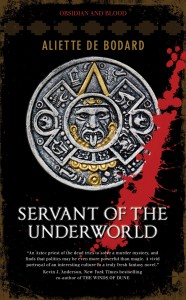 I’ve often joked about how much I need clones. But alas, like time machines and teleportation devices, photocopy-style human cloning just isn’t there yet (unless you believe the dubious claims of the Raelian cult). Luckily I’ve got something even better than an army of Laurenz: a collection of brilliant brains.
I’ve often joked about how much I need clones. But alas, like time machines and teleportation devices, photocopy-style human cloning just isn’t there yet (unless you believe the dubious claims of the Raelian cult). Luckily I’ve got something even better than an army of Laurenz: a collection of brilliant brains.
It would be neat if they were brains in jars, directly hooked up to word processors to churn out pages while I sleep, but I suspect that probably takes a lot of electricity and probably a mad scientist to maintain them – and mad scientists and their inevitable slobbering loathsome assistants cost a lot to feed.
So, nope. I’m talking the kind of brains that walk around in people casings – the kind that feed themselves because they have jobs and credit cards. And when it came to writing some of the additional materials for Zoo City, I was very happy to be able to raid those brains for their genius.
Read More »

